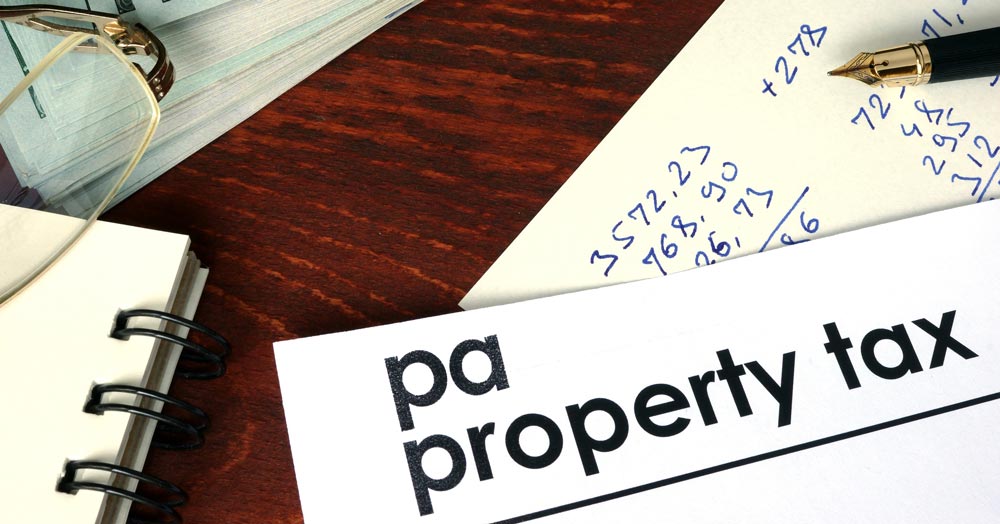Many business owners had insurance policies that included “business interruption” coverage. If the pandemic isn’t business interruption, what is?
As the global pandemic caused by COVID-19 swept into the United States and stay at home orders and mandatory business closures rolled out of governors’ offices like water over Niagara Falls, business owners, small, medium and large, sought out help from any source possible. Unfortunately, “business interruption” insurance policies have many exclusions and what a layperson would assume would be included is actually excluded from coverage.
Business Interruption in many cases is being linked to one thing
It seems as though the insurance industry linked arms and denied all claims for business interruption caused by the pandemic. Business interruption coverage is usually found in property coverage; meaning there must be property damage that causes the business interruption. The insurance carriers have taken the position that government shut down due to a virus is not covered.
What if a virus is not excluded in my policy? Is my business covered then?
Some policies do have specific exclusions for viruses and mold, among other things. But that raises the question, if a virus rises to the level of being specifically excluded in some policies, what if it is not excluded in my policy? Wouldn’t my losses be covered then? It depends on the type of policy and the language in the policy.
Courts in some jurisdictions have found that business interruption coverage is triggered where “property” is rendered unusable or unfit for its intended purpose, including being contaminated, even where there is no physical property damage.
Don’t throw away those receipts just yet
The approach taken by the insurance industry has given rise to numerous lawsuits seeking coverage under common business interruption clauses under several different theories. More than a dozen cases have already been filed seeking to have state and federal courts in various jurisdictions determine that losses due from closure as a result of the virus actually are included in these property damage policies. Some cases rely on the theory that the property is contaminated as a result of the virus. Some argue that under an “all-risk” policy closures due to orders of civil authorities are covered by the policy’s broad language.
States vs. Insurance Carriers
Not waiting for a decision in these pending cases, Travelers Insurance has filed a declaratory judgment action seeking an order that losses from temporary closures due to governmental actions taken to slow the spread of the pandemic did not result in property damage and was not covered by the Business Income loss provisions of its policy.
And numerous states, including Pennsylvania, have pending legislation to retroactively require insurance carriers to honor these claims (especially for small business owners) with compensation to the carriers coming from other funds.
This is still an ongoing fight, with points of law from prior litigation supporting both sides of the argument. How various courts decide the issue may determine whether business owners have valid claims under the terms of their own policies. It may still come down to the language in a specific type of policy and what exclusions are spelled out. But the approach initially taken of turning down all claims may not hold up. The courts may “deny” the carriers’ claims; an irony not lost on many.



